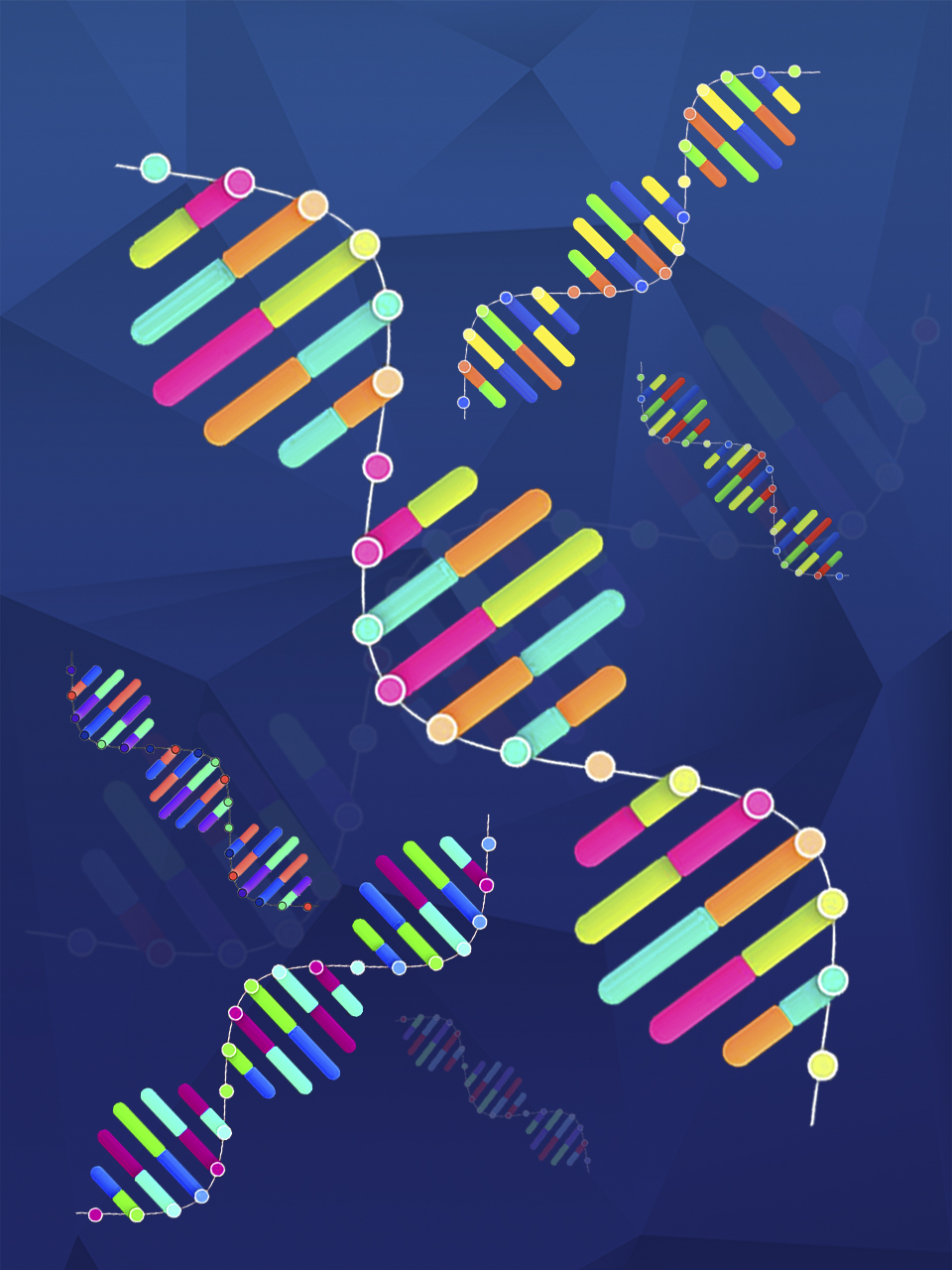Dobbs decision is a huge setback for genetic counseling and the people who need it
By Sonia M. Suter and Laura Hercher,
STAT
| 08. 25. 2022
The Supreme Court’s decision in Dobbs v. Jackson Women’s Health Organization that struck down the constitutional right to abortion guaranteed by Roe v. Wade in 1973 is also a huge setback for genetic counseling and the people who need it.
In 2013, when anti-abortion activists were still forced to maneuver around Roe v. Wade, North Dakota passed a law banning abortions that are motivated by diagnosis of a “genetic abnormality or potential for a genetic abnormality.” With this, and similar laws passed in 13 other states, the anti-abortion movement put itself forward as a champion of those with genetic conditions — though these states are among the least active in providing support for families and children in need of social services and medical care.
In a 2019 Supreme Court decision, Justice Clarence Thomas praised such laws as appropriate antidotes to “modern-day eugenics.” By allowing states to ban all abortions, including so-called eugenic abortions — which Thomas described as abortions that “eliminate children with unwanted characteristics, such as a particular sex or disability” — the Dobbs decision is likely to end...
Related Articles
By Diaa Hadid and Shweta Desai, NPR | 01.29.2026
MUMBRA, India — The afternoon sun shines on the woman in a commuter-town café, highlighting her almond-shaped eyes and pale skin, a look often sought after by couples who need an egg to have a baby.
"I have good eggs,"...
By Steve Rose, The Guardian | 01.28.2026
Ed Zitron, EZPR.com; Experience Summit stage;
Web Summit 2024 via Wikipedia Commons licensed under CC by 2.0
If some time in an entirely possible future they come to make a movie about “how the AI bubble burst”, Ed Zitron will...
By Arthur Lazarus, MedPage Today | 01.23.2026
A growing body of contemporary research and reporting exposes how old ideas can find new life when repurposed within modern systems of medicine, technology, and public policy. Over the last decade, several trends have converged:
- The rise of polygenic scoring...
By Daphne O. Martschenko and Julia E. H. Brown, Hastings Bioethics Forum | 01.14.2026
There is growing concern that falling fertility rates will lead to economic and demographic catastrophe. The social and political movement known as pronatalism looks to combat depopulation by encouraging people to have as many children as possible. But not just...




